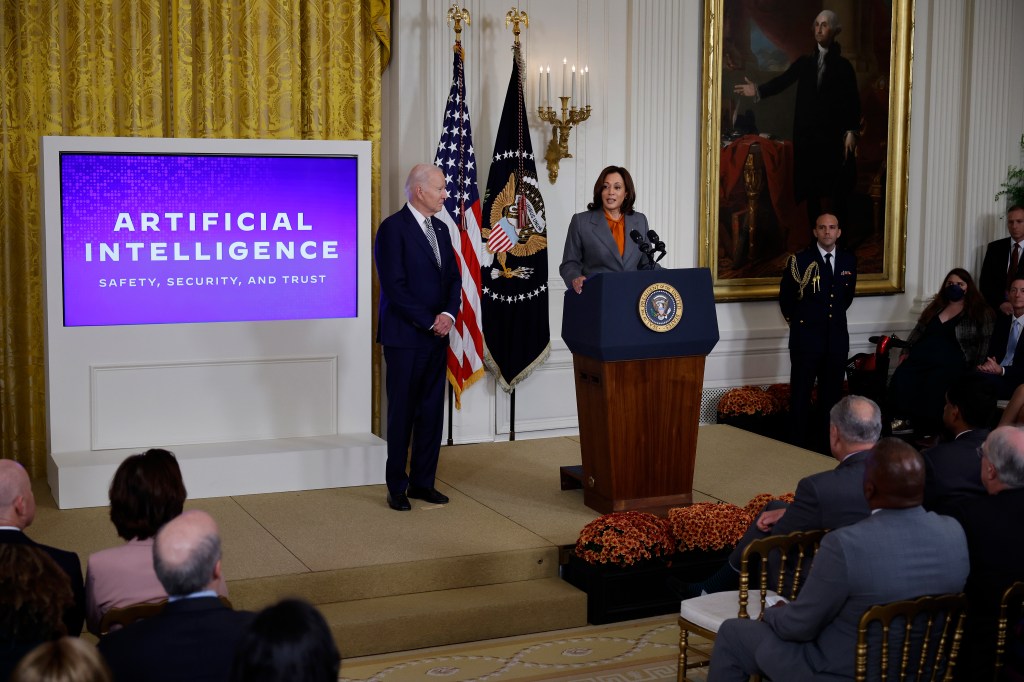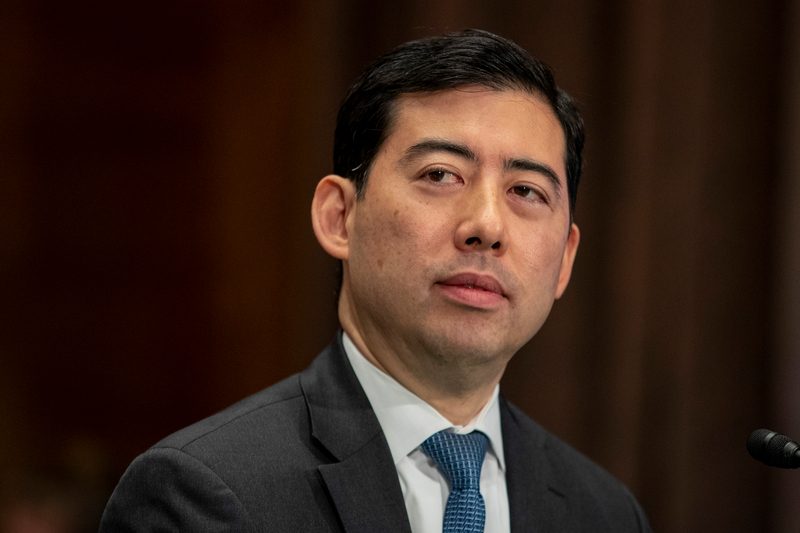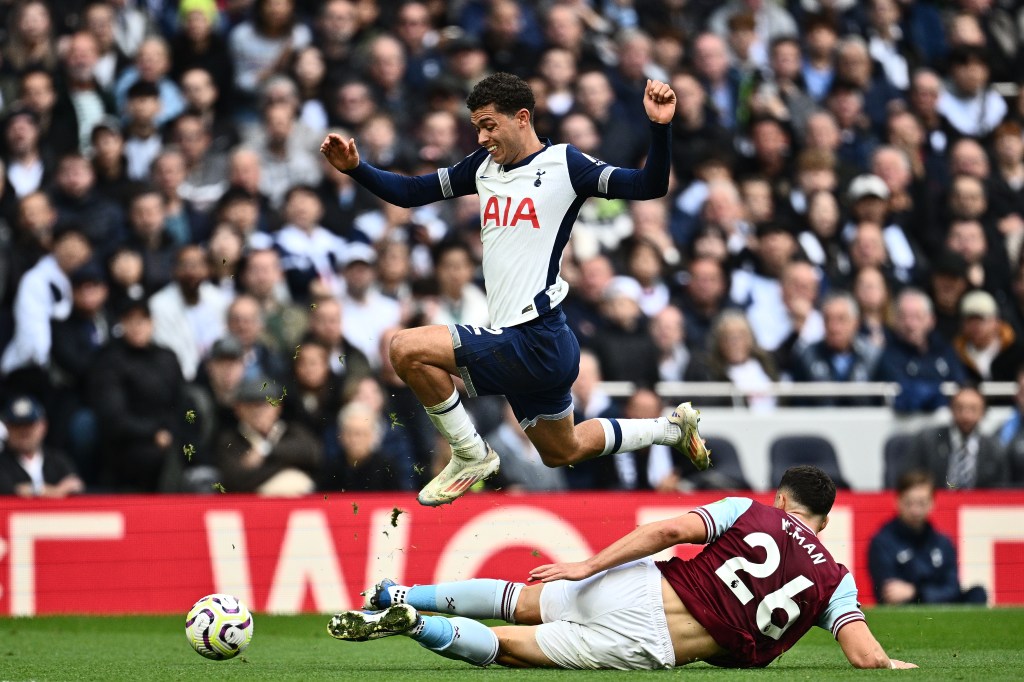The establishment of an independent regulator for English men’s soccer came a step closer when the UK government tabled a new version of the Bill Thursday in the House of Lords. The previous version was timed out when the UK General Election was called.
Parliamentary convention means the full wording of the Bill was not available to the media before receiving its First Reading in the Lords, the UK’s second chamber. But content has been widely briefed, and the new Bill has been significantly strengthened.
We covered discussions around some key areas in July, during the consultation process. And improvements in the clauses identified in that article have produced a Bill that is significantly better than the previous iteration.
State of the game
The Bill will require the Regulator to publish a State of the Game report that would include;
- “(a) an overview of the main issues that the IFR considers to be affecting English football;
- (b) an assessment of whether any feature, or combination of features, of English football jeopardises, or risks jeopardising, the IFR’s ability to advance one or more of its objectives;
- (c) information about any other matters relating to the state of English football, so far as relevant to the exercise of the IFR’s functions under this Act, that the IFR considers appropriate.”
Completion of this report early on will help set the tone for regulation, and enable the regulator to issue the kind of guidance required to make rules work smoothly. The original Bill required the first report to be written within three years. This has now been tightened to 18 months.
A clause requiring the Regulator to “have due regard to the foreign and trade policy objectives” of the Government has been dropped entirely. This is being portrayed in some quarters as a ‘climbdown’ or ‘u-turn’ by Ministers. But the measure was introduced under Ministers who made up the previous administration. There was little enthusiasm in Labour circles for what was substantial Foreign Office overreach, and the measure also compromised the regulator’s independence from government. So it’s gone.
Effective consultation
Fan engagement measures have also been strengthened, with the requirement for “effective consultation” now on the face of the Bill. This is important in cases where a club tries to dispose of its stadium or relocate its home ground – previously there was no requirement to consult fans. And consultation on ticket pricing – currently the subject of unrest manifesting in demonstrations at grounds throughout the elite Premier League – is now mentioned explicitly.
The phrase “effective consultation” is key, as many claims view the process as telling fans what has already been decided, listening to objections, and then doing what was planned anyway. How the regulator defines “effective” will be interesting – but it certainly won’t be the status quo.
One of the most significant changes is the explicit inclusion of so-called parachute payments within the remit of the regulator. These are payments made to clubs relegated from the Premier League to counter the loss of income relegation brings with it. Payments are made progressively over a three-year period and are a percentage of the equally shared element of the TV rights deal clubs receive.
Bringing these payments within remit had been fiercely opposed by the Premier League, but as the Football Supporters’ Association (FSA) said in its submission to the consultative process: “The exclusion of parachute payments would cement the current grotesque inequalities in revenue distributions and undermine IFR’s ability to deliver its systemic financial resilience objective.”
“An independent regulator capable of making rational and fair financial control rules to be applied across the leagues … would be in wider interests of football.”
Nick De Marco, sports lawyer
The English Football League (EFL), which runs the professional divisions beneath the Premier League, had also lobbied heavily for the change, believing parachute payments entrench inequalities and incentivise poor financial decisionmaking.
The Department of Culture Media and Sport (DCMS) view is that: “Excluding these payments would have significantly reduced the ability of the regulator to take a full view of financial stability and resilience across the football pyramid.”
In another blow for the Premier League, the regulator will have ‘backstop powers’ to impose a financial settlement if no agreement is reached over redistribution.
EDI provisions
The new Bill also significantly strengthens equality diversity and inclusion provisions, requiring clubs to “be transparent and publish what action they are taking” to improve EDI. Just 4.4% of management positions in the Premier league are occupied by black ex-players, a figure that drops top 1.6% at executive level, and just 10% of board positions are held by women.
It all appears to be good news for those who had lobbied for an independent regulator with teeth, and bad news for the Premier League, which has consistently opposed regulation while at the same time underlining its inability to effectively regulate itself.
Headline details of the new Bill were posted on Gov.uk on Thursday morning, alongside comment from Culture Secretary Lisa Nandy; Sports Minister Stephanie Peacock; FSA chief executive Kevin Miles; Dame Tracey Crouch, author of the Fan-Led Review of Football from which the Bill emerged; and Gary Neville, the former Manchester United star who is now a pundit and co-owner of Salford City FC.
Reaction from the FSA and the EFL can be found on their respective websites.
Legal opinion
Leading sports lawyer Nick De Marco, whose appraisal of the original plans for a regulator we featured last March, has also published some initial thoughts on his feed on X (formerly Twitter). He observes that: “The ability to include parachute payments in considering football finances and distribution – even if only as part of the ‘last resort’ backstop mechanism – is likely to apply greater pressure on the Premier League to agree to a more generous distribution of revenue, and may lead to a more competitive and less skewed Championship competition.”
But he says that: “The (understandable) reluctance of the regulator to get involved in the league’s various financial control regulations is inconsistent with the key justifications for the independent regulation in the first place.” One of his doubts about how this regulation may operate in practice also highlights why a regulator is needed, though. “There is always a risk that where clubs make the financial control rules in their particular league they shall vote based on individual self-interest, which may involve attempts to hold back competitor clubs. An independent regulator capable of making rational and fair financial control rules to be applied across the leagues … would be in wider interests of football.”
He concludes: “I remain of the view that the idea of independent regulation has become even more of a necessity today than when the proposals were first discussed … the league, its success, and the English pyramid system of football are all threatened by the increasingly abject failure of self-regulation.”
• Full disclosure – author Martin Cloake has worked with the FSA on the proposed legislation. Opinions expressed are his own.













